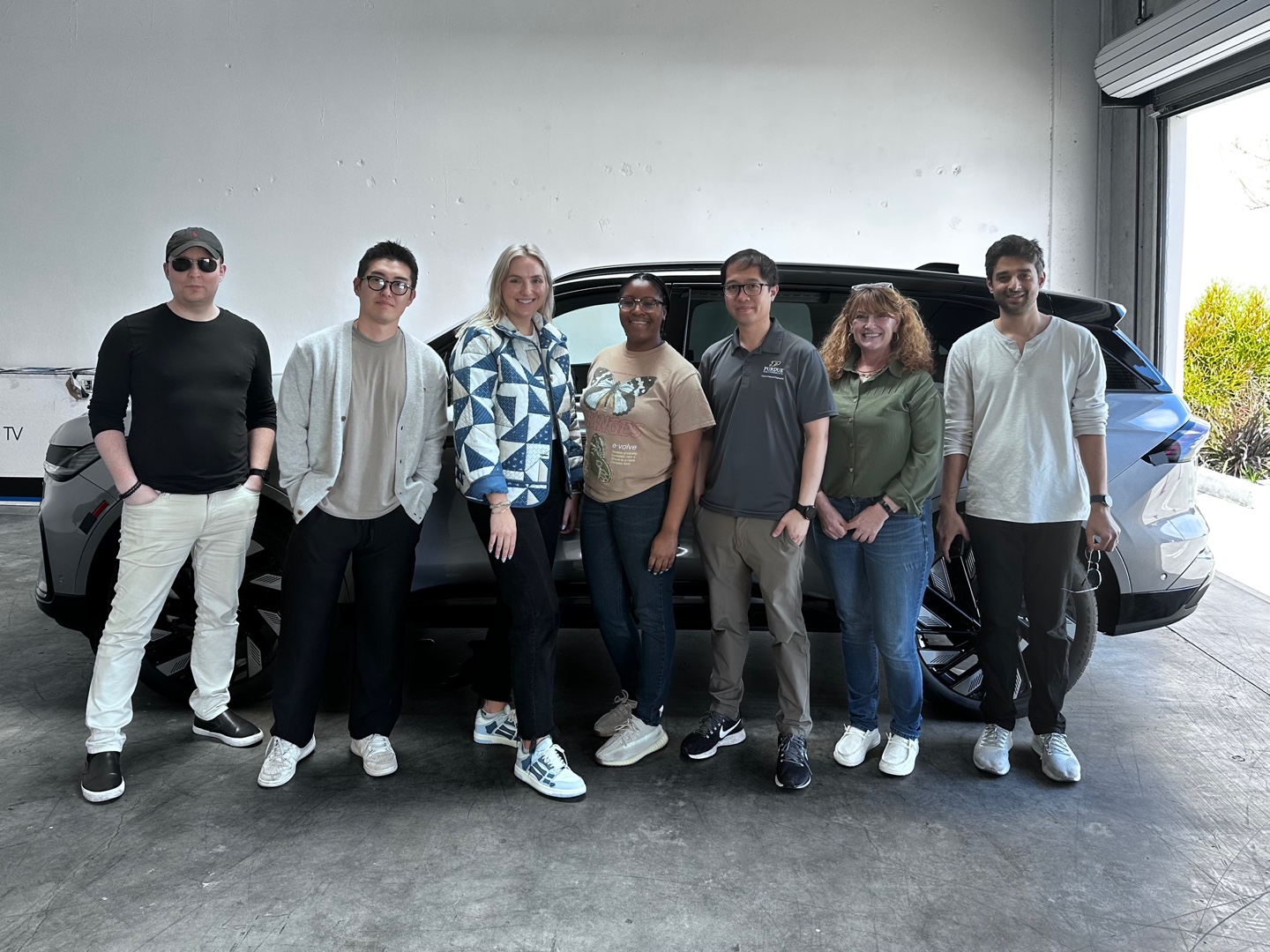Reimagining Relaxation: Purdue Engineers and Ford Collaborate to Reduce Driver Stress with In-Vehicle Wellness System
Denny Yu, Associate Professor of Industrial Engineering at Purdue and recent Purdue graduate Dr. Chiho Lim, partnered with Ford on a study exploring in-vehicle relaxation systems to reduce driver stress.
As part of a research and development alliance between Ford Motor Company and Purdue University, researchers have unveiled promising results from a study exploring the impact of multi-sensory in-vehicle experiences on stress reduction. The project, named Science of Rejuvenate, is redefining what it means for a vehicle to be a sanctuary, not just for transportation, but for emotional and mental recovery.
“Stress is commonplace in everyday life," said Dr. Denny Yu, professor of Industrial Engineering at Purdue and corresponding author of the study. “This was an exciting opportunity to partner with Ford and apply our physiological sensing expertise to inform practical interventions that have the potential to reduce stress and positively impact people in their daily lives.”
The study, published in Applied Ergonomics, tested a relaxation system that integrates gentle seat massage, ambient lighting, soothing sounds, and—in some versions—scent diffusion. Conducted in a stationary Lincoln vehicle, participants underwent a series of stress-inducing cognitive tasks before experiencing the relaxation modes. Physiological sensors measured heart rate variability (HRV) and brain activity, while subjective questionnaires captured participants’ perceptions of alertness, stress, and emotional balance.
The results were compelling. Compared to a control condition, participants in the multi-sensory environments showed more reduction in stress measured with objective physiological heart rate variability and EEG metrics. Nearly all participants expressed enthusiasm about using such a feature regularly in their own vehicles.
Dr. Yu emphasized the value of the real-world collaboration: “This work, made possible by the Ford-Purdue University alliance, is a strong example of the real-world impact of strategic industry-academic partnerships can achieve.”
Human Factors Engineer at Ford Motor Company, Justine Nestorowich Sahni, added "Witnessing the physiological impact of our study on participants was immensely rewarding. The synergy between their positive subjective feedback and the objective physiological data offers powerful evidence of the success achieved through the curation of the Rejuvenate experience."
Ford Vehicle Harmony Engineer Calandra Berry, who was also a coauthor on this study, stated: “Delight features in vehicles are often considered an afterthought. However, having the ability to carefully curate this experience and witness its real-time physiological impact has made this work incredibly worthwhile.”
As vehicles continue evolving into smarter, more autonomous environments, this study illustrates how car cabins can play a bigger role in wellness. What was once idle time in a parked car could now become a moment of recovery.
This partnership between academic research and industry design demonstrates that the future of driving isn’t just about the road ahead; it’s also about how we feel along the way.
Related Links

